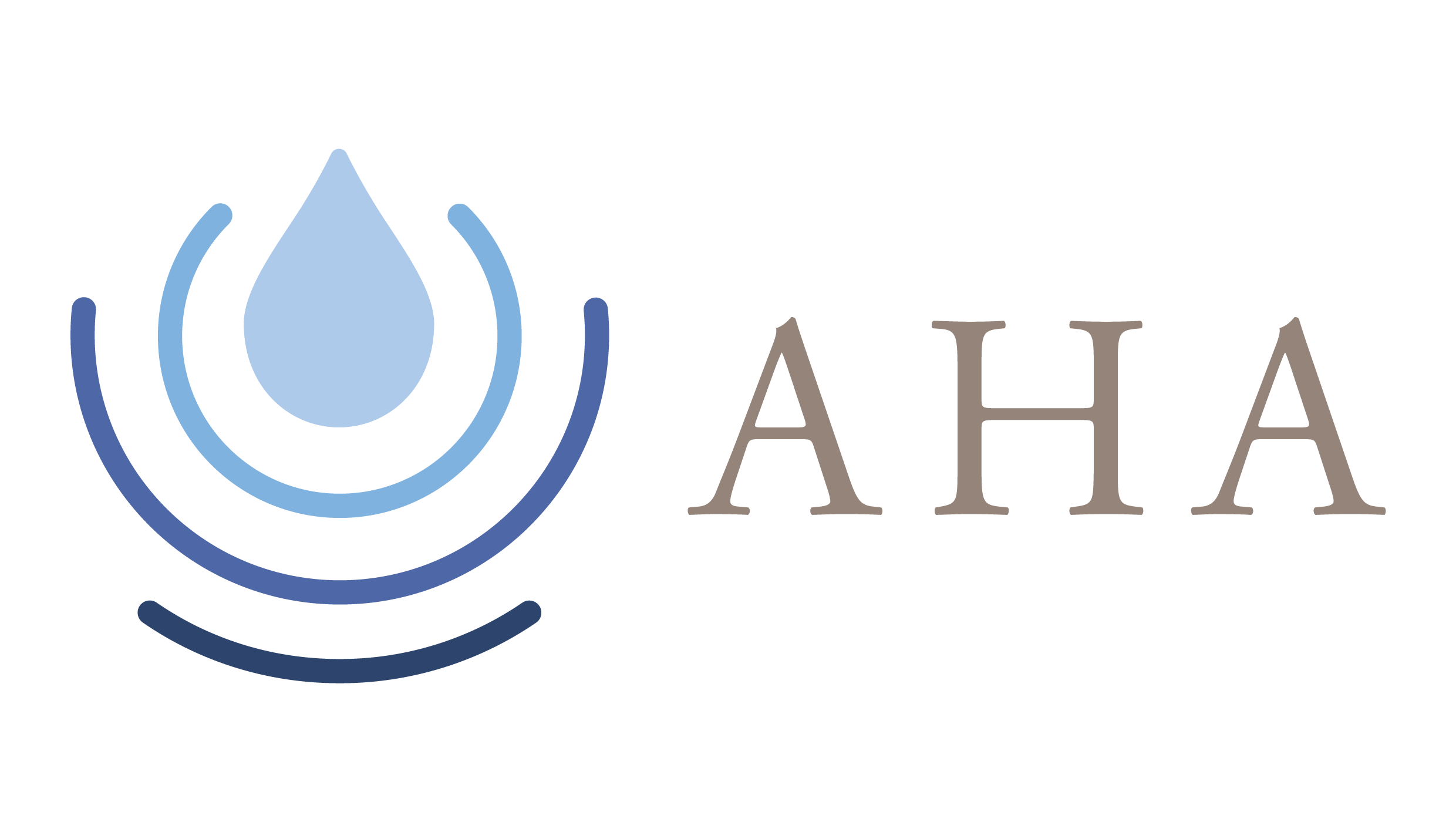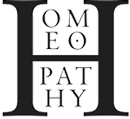Europe
Homoeopathy has a wide public acceptance throughout Europe with some governments recognising homoeopathy as a registered profession and incorporating it into their national health system. In 1999 the European Parliament called for homoeopathy to be integrated into medical practice.1
In the UK, homoeopathy is available in four National Health Service (NHS) centres, including the Royal London Hospital for Integrated Medicine, previously the London Homeopathic Hospital, and the Glasgow and Bristol Homeopathic Hospitals and the Department of Homeopathic Medicine in Liverpool. The NHS is the equivalent of the Australian Medicare system. The Royal Family has used it since Queen Victoria's time in the 1830s.
The French Medical Association recognised homoeopathy as an existing therapeutic method in 1997 and recommended that it should be taught at universities.2 [Archives of Internal Medicine, 159, 17, September 27, 1999].1 In France, the most popular cold and flu medicine is a homoeopathic medicine.
In Germany and Austria doctors can undertake training and pass an exam to attain a homoeopathic qualification which is recognised by their medical associations.
According to the Medical Journal of Australia, 47% of doctors in The Netherlands use homoeopathy.2
In Latvia homoeopathy was awarded official status by the Medical Association in 1995.
The European Journal of Clinical Pharmacology stated in 2002 that homoeopathy is the most frequently used natural medicine in Italy3 and the Financial Times reported that 16,000 Italian pharmacies stocked homoeopathic medicines4.
Romania has regulated the practice of homoeopathy by law and requires a practitioner to be licensed.
In Switzerland homoeopathy is rebatable by most health insurance providers, and in 2010/11 the Swiss Government carried out an investigation into the effectiveness, appropriateness, safety and cost of homoeopathy in healthcare. The result was published in book form in English5. This breakthrough report affirmed that homoeopathic treatment is both effective and cost-effective and that homoeopathic treatment should be reimbursed by Switzerland's national health insurance program.
The Portuguese law for complementary medicines - Law 71/2013 - was implemented on 2nd September 2013, whereby homoeopathy, along with acupuncture, chiropractic, herbal medicine, naturopathy, osteopathy and Traditional Chinese Medicine (TCM) are now regulated as fully autonomous professions with their own provisions on diagnosing and writing prescriptions. The pre-requisite for registration on to the national register is a university degree in the respective modality. The various professions are currently working with one particular university to establish the curriculum for each of the degree level courses.
References:
1 Archives of Internal Medicine, 159, 17, September 27, 1999
2 Medical Journal of Australia, 2000, 172, 105-109
3 European Journal of Clinical Pharmacology, 2002, April, 58 (1), 61-4
4 Financial Times, May 3, 2002
5 Bornhoft and Matthiessen: 'Homeopathy in Healthcare - Effectiveness, Appropriateness, Safety, Costs', 2011


